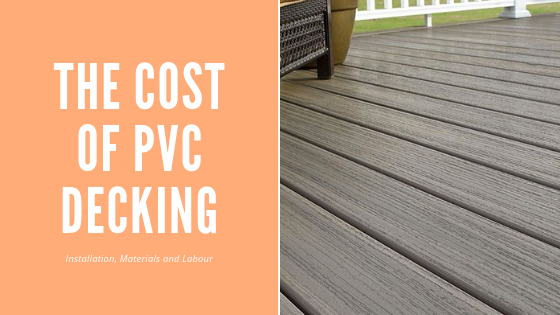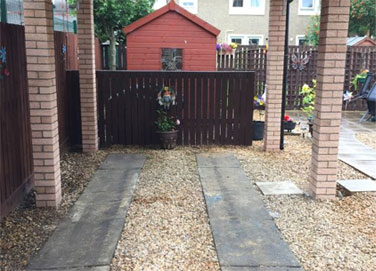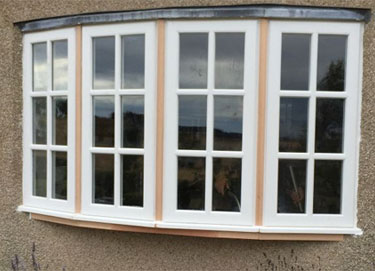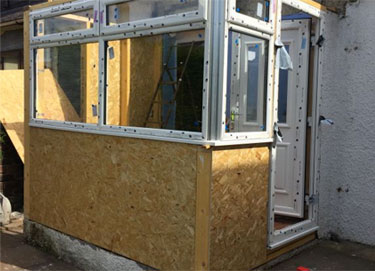All you need to know about PVC decking cost, including costs of installation, materials, labour and time frames.
Related content:
PVC plastic decking is a faux wood decking material complete with woodgrain texturing and available in a limited range of colours and styles.
It is made to give your deck the look of natural wood without the issues wood can have such as warping, cracking, splintering and demanding a lot of care and maintenance over the years.
The Cost of PVC Decking
The PVC deck estimates you get will be determined by:
- The quality of the PVC material used
- How complex the design is, with decks featuring multiple levels, stairs, intricate layout and more than four corners costing more than simple rectangle design
- Who builds the deck, with one built by a professional deck builder costing more than a DIY deck or one built by a handyman
- The time of year, with decks built during the peak season costing more than those built when contractors are less busy
PVC Decking Installer Fife and Edinburgh
With any deck material, the quality of the installation is a big part of what determines how good the deck will look and perform. Quality installation is very important.
If you’re ready to get deck cost estimates from contractors in your area, we can help you.
When you use our free service, you fill out one simple form with basic information about your project. Someone from the office will then contact you to arrange a suitable time to visit the property to get more information.
PVC Decking FAQs
This PVC deck Q&A covers other important issues.
What’s better, composite or PVC?
Composite decking is a combination of wood fiber and PVC, for those who aren’t familiar with it. The materials in composite are mostly recycled from pre- and post-consumer waste. PVC is made from virgin material, for the most part, but it is recyclable.
PVC has the advantage of being more resistant to stains and mould penetration than composite. The upfront cost for PVC is 10%-25% higher than for composite, depending on the products compared. Both are resistant to warping, cracking, insects and fading. Composite decking can be stained, at that requires an investment of time and money. PVC doesn’t require staining. Both materials should last 20-30 years with consistent care.
Can PVC decking be used around pools or hot tubs?
Yes. The material is slip-resistant and won’t be harmed by pool or hot tub chemicals.
Will mould or algae grow on a PVC deck?
Mould and algae can grow on just about any surface, but they won’t penetrate PVC or stain it, as they can do on wood or composite.
Both are easily removed with a mild bleach solution and a brush, followed by hosing off the deck.
What joist spacing is optimal?
Most PVC decking should be installed on joists spaced 16” apart, though some material can be installed on 24” spacing. If you’re installing PVC in a commercial setting, 12” spacing is recommended.
How long will my PVC deck last?
Estimates are from 10-30 years.






